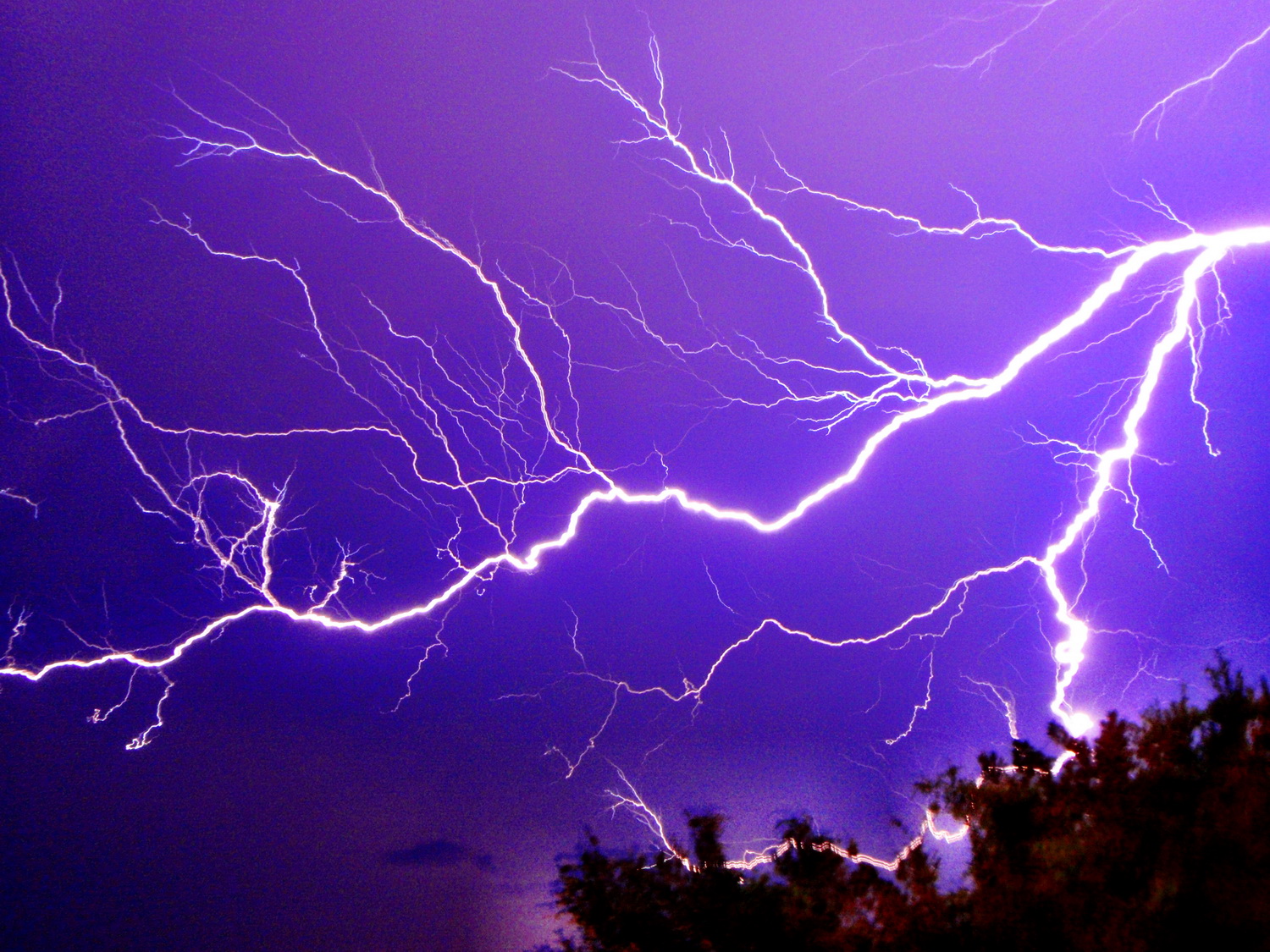This year’s version of the Cybersecurity Act was approved by the Senate Committee on Homeland Security and Governmental Affairs after amending it to limit the president’s authority in the event of a cyber emergency,
The bill, introduced earlier this month and being marked up by the Senate homeland security and government affairs committee on Thursday, is one of the most prominent of dozens of cybersecurity bills on Capitol Hill.
The argument is that the internet is so crucial to banking, utilities and other infrastructure that attacks on it are key to national defense. It would establish a White House Office for Cyberspace Policy and a National Center for Cybersecurity and Communications, which would work with the private sector to harden critical networks against attacks. It’s assumed that this would also encompass the world of Usenet.
The bill specifies no restrictions on the president’s power over the internet, except that the response to any “national cyber emergencies” must “represent the least disruptive means feasible”
The original bill gave the president indefinite emergency authority to shut down private sector or government networks in the event of a cyber-attack capable of causing massive damage or loss of life. The amendment passed Thursday limits that authority, requiring the president to get Congressional approval after controlling a network for 120 days. It would not, however, give the President the authority to take over the entire internet, target specific websites, Usenet newsgroups or conduct electronic surveillance.




